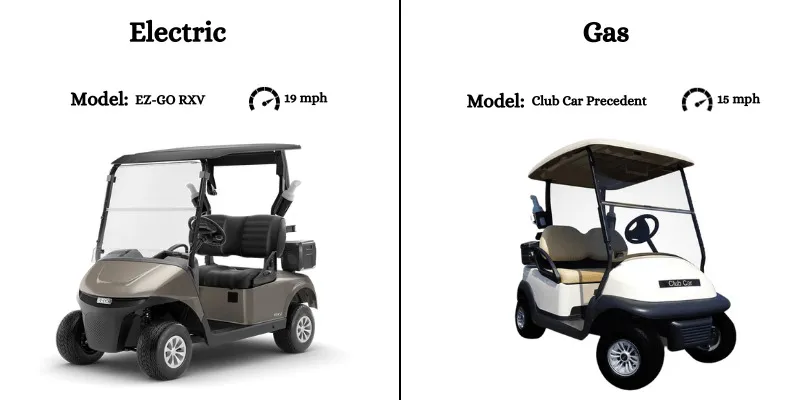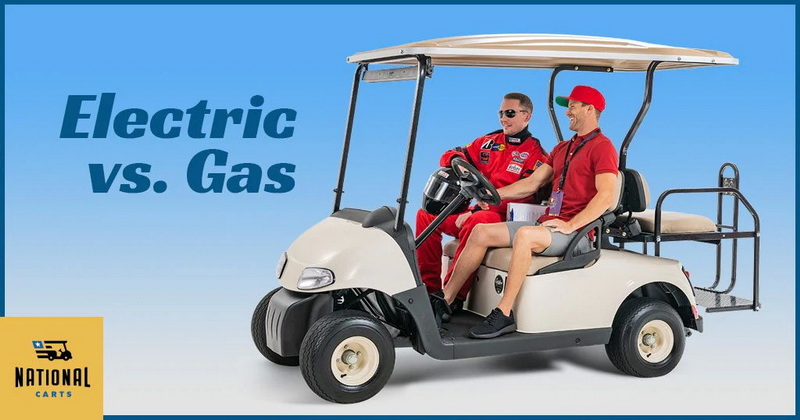Content Menu
● Understanding Electric Golf Cart Power Systems
● Common Causes of Power Loss
>> Battery Issues
>> Controller Malfunctions
>> Motor Problems
>> Tire and Weight Issues
>> Environmental Factors
● Troubleshooting Power Loss
● Maintenance Tips to Prevent Power Loss
● Conclusion
● Frequently Asked Questions
>> 1. What should I do if my golf cart loses power suddenly?
>> 2. How often should I replace my golf cart batteries?
>> 3. Can I use my golf cart in extreme weather conditions?
>> 4. What is the average lifespan of an electric golf cart?
>> 5. How can I improve the performance of my electric golf cart?
Electric golf carts are a popular choice for golfers and recreational users alike, providing a convenient and eco-friendly way to navigate golf courses, parks, and neighborhoods. However, many users experience frustrating moments when their electric golf cart loses power while driving. This article will explore the common reasons behind this issue, how to troubleshoot it, and tips for maintaining your golf cart to prevent power loss.

Understanding Electric Golf Cart Power Systems
Electric golf carts operate using a battery-powered electric motor, which provides the necessary power to drive the cart. The main components involved in this system include:
1. Batteries: The heart of the electric golf cart, batteries store electrical energy and supply it to the motor. Most golf carts use lead-acid or lithium-ion batteries.
2. Controller: This component regulates the power flow from the batteries to the motor, controlling the speed and acceleration of the cart.
3. Motor: The electric motor converts electrical energy into mechanical energy, propelling the cart forward.
4. Charger: The charger replenishes the batteries when they are depleted.
Understanding these components is crucial for diagnosing power loss issues.
Common Causes of Power Loss
Battery Issues
One of the most common reasons for power loss in electric golf carts is battery-related problems. Here are some specific battery issues to consider:
- Low Battery Charge: If the batteries are not fully charged, the cart may struggle to maintain power, especially under load. Regularly check the battery charge level and ensure they are charged after each use.
- Old or Worn Batteries: Batteries have a limited lifespan, typically ranging from 3 to 7 years. As they age, their capacity diminishes, leading to reduced power output. If your batteries are old, consider replacing them.
- Corroded Connections: Corrosion on battery terminals can impede the flow of electricity. Regularly inspect and clean the battery terminals to ensure a good connection.
Controller Malfunctions
The controller is responsible for managing the power distribution to the motor. If it malfunctions, it can lead to power loss. Common issues include:
- Faulty Controller: A damaged or malfunctioning controller may not send the correct amount of power to the motor. If you suspect this is the case, consult a professional for diagnosis and repair.
- Loose Wiring: Loose or damaged wiring can disrupt the power flow from the batteries to the controller. Regularly inspect the wiring for signs of wear or damage.
Motor Problems
The electric motor itself can also be a source of power loss. Here are some potential motor-related issues:
- Overheating: If the motor overheats, it may shut down temporarily to prevent damage. This can happen if the cart is overloaded or if there is insufficient ventilation. Ensure the cart is not carrying excessive weight and that the motor has adequate airflow.
- Worn Brushes: The brushes in the motor can wear out over time, leading to reduced performance. If you notice a decrease in power, it may be time to replace the motor brushes.

Tire and Weight Issues
The condition of the tires and the overall weight of the cart can also affect its performance:
- Underinflated Tires: Low tire pressure increases rolling resistance, making it harder for the motor to propel the cart. Regularly check and maintain proper tire pressure.
- Excessive Weight: Carrying too much weight can strain the motor and lead to power loss. Be mindful of the cart's weight limit and avoid overloading it.
Environmental Factors
External conditions can also impact the performance of your electric golf cart:
- Temperature Extremes: Extreme heat or cold can affect battery performance. Batteries tend to perform poorly in very low or high temperatures. Store your cart in a climate-controlled environment when possible.
- Terrain: Driving on steep hills or rough terrain can put additional strain on the motor, leading to power loss. If you frequently drive in such conditions, consider upgrading to a more powerful motor or battery system.
Troubleshooting Power Loss
If your electric golf cart is losing power while driving, follow these troubleshooting steps:
1. Check the Battery Charge: Use a multimeter to check the voltage of each battery. Ensure they are fully charged and functioning properly.
2. Inspect Connections: Look for any loose or corroded connections at the battery terminals and throughout the wiring system.
3. Examine the Controller: If you suspect the controller is malfunctioning, consult a professional for testing and potential replacement.
4. Test the Motor: Check for overheating or unusual noises from the motor. If you notice any issues, it may need servicing.
5. Evaluate Weight and Tire Condition: Ensure the cart is not overloaded and that the tires are properly inflated.
Maintenance Tips to Prevent Power Loss
Preventing power loss in your electric golf cart requires regular maintenance and care. Here are some tips to keep your cart running smoothly:
- Regular Battery Maintenance: Check the battery water levels (for lead-acid batteries) and clean the terminals regularly to prevent corrosion.
- Routine Inspections: Periodically inspect the wiring, controller, and motor for any signs of wear or damage.
- Proper Charging Practices: Always charge your batteries after use and avoid letting them discharge completely.
- Keep Tires Inflated: Regularly check tire pressure and maintain it at the recommended levels.
- Store Properly: If you won't be using your cart for an extended period, store it in a cool, dry place and disconnect the batteries to prevent drainage.
Conclusion
Experiencing power loss in your electric golf cart can be frustrating, but understanding the common causes and how to troubleshoot them can help you get back on track. Regular maintenance and care are essential to ensure your cart operates efficiently and reliably. By following the tips outlined in this article, you can minimize the risk of power loss and enjoy a smooth ride on the golf course or wherever your adventures take you.

Frequently Asked Questions
1. What should I do if my golf cart loses power suddenly?
- Check the battery charge, inspect connections, and look for any signs of overheating in the motor.
2. How often should I replace my golf cart batteries?
- Typically, golf cart batteries should be replaced every 3 to 7 years, depending on usage and maintenance.
3. Can I use my golf cart in extreme weather conditions?
- While electric golf carts can operate in various conditions, extreme temperatures can affect battery performance. It's best to avoid using them in very hot or cold weather.
4. What is the average lifespan of an electric golf cart?
- With proper maintenance, an electric golf cart can last anywhere from 10 to 20 years.
5. How can I improve the performance of my electric golf cart?
- Regular maintenance, ensuring proper tire pressure, and avoiding overloading the cart can help improve performance.










































